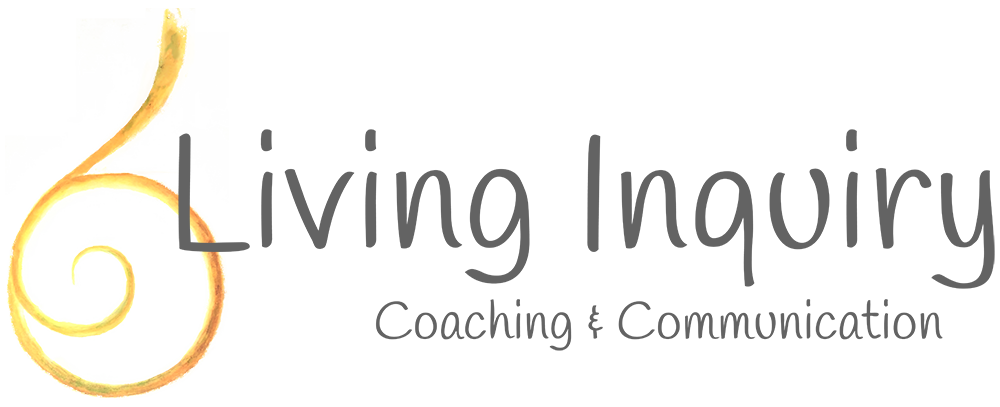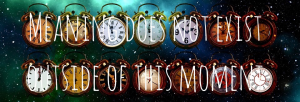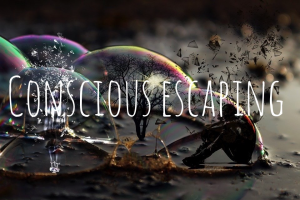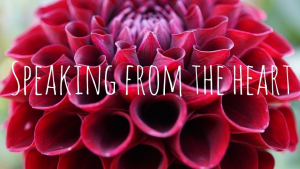Inquiry is all about embracing the unknown and when I say embracing I mean not only agreeing to its existence but taking it as a lover.
We have a whole life of experiences and even though they are in the past we take them to be part of the present. We are constantly projecting our knowledge from past experiences upon the present moment because the familiarity creates the illusion and comfort that we know what will happen because we experienced it before. The gain is a sense of safety, the loss is the richness and freshness of each living present moment.
THE UNKNOWN IS THE SOURCE OF FEAR
When we perceive reality only through the filter of our past experiences and take ourselves to be those experiences we are missing the thrill of embracing the unknown. Even though we carry a lot of knowledge, the unknown is also everywhere.
All of our fears, if tracked back to the roots, is the fear of the unknown – death is one of the most common ones. What I have come to understand is that when we can let ourselves stay in the unknown, giving up (if only for a second) the need to know, it is deeply relaxing. It feels like coming home, home in the sense of truth. We never actually know what will happen, not even in the next second. So by embracing this we are alining ourselves with reality and can start to feel the support of existence.
To orient ourselves towards the unknown is to enline ourselves with life.
Most of us carry many ideas and beliefs that knowing is better, more valuable, then not-knowing and we therefore want (consciously or unconsciously) to know and achieve more knowledge. This is also a strategy to feel more safe, because we do not trust that life will take care of us, we do not trust ourselves – that we will be able to respond in the moment, without any preparation.
NOT-KNOWING BRINGS US TRUE KNOWING
Relaxing into the unknown is in a deeper sense to surrender to life ́s will and let go of any specific outcome. When we let go of our attachments and goals we are open to receive reality exactly as it is and will find ourselves more resourceful and capable, because we are open. Openness means possibility for growth and deeper understanding. Something we already know is closed and can not grow more. And growth is scary because we can not control the way it goes. All we can do is relax, stay open and trust that true knowing will arise.
This opportunity is blocked when we constantly seek experiences of knowing and never challenge ourselves to enter into not-knowing. We miss the incredible relaxation of not-knowing and the deepest peace that comes with that – the sense of being together with life, to be whole and only existing in the present moment.
INVITATIONS OF PRACTICES TO EMBRACE THE NOT-KNOWING:
Self Inquiry questions around not-knowing: (read more under “How to practically practice inquiry”)
- What have you been taught about not-knowing? (For example that is means you are stupid or uncapabel)
- What does true knowing mean?
Walking meditation
Take a walk when you have a free moment, ideally a path that you have taken many times before (can also be in your home or garden), and see if you can notice the environment like you have never seen it before. Simply relax your eyes and perceive the surroundings. Notice if you have a tendency to label or validate what you see and if you can let go of that.
With your partner or a close friend
When you truly see someone you realize that you don’t know anything about them. This is not how we generally tend to relate to our partner or a longtime friendship. We tend to believe we know them, all about them. And we might, we might know their patterns, defences, personality structure. But do we really know the infinity of their being? My invitation is to practice receiving your partner/friend from the space of curiosity being open to discover them in this very moment, without putting on any past experience. Notice if it is, and in what way, different.



